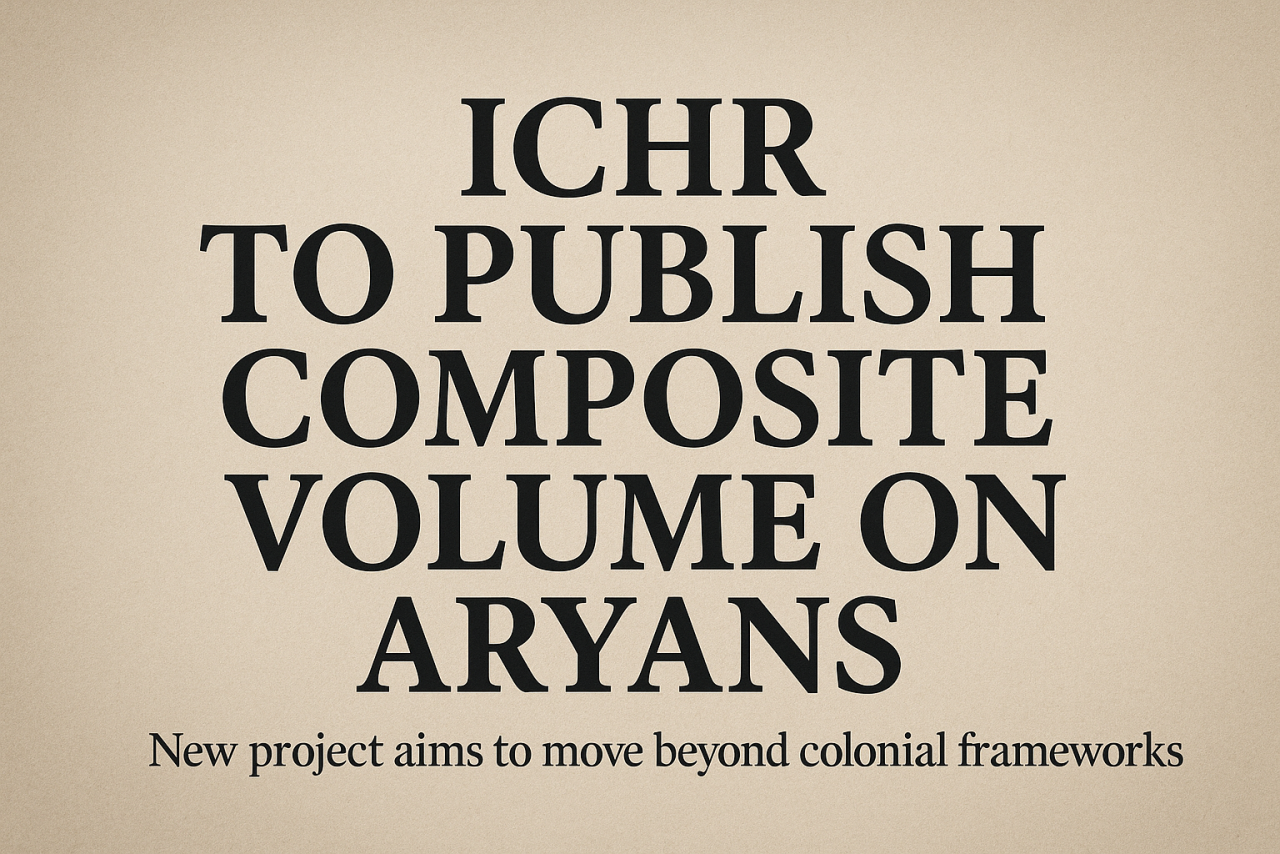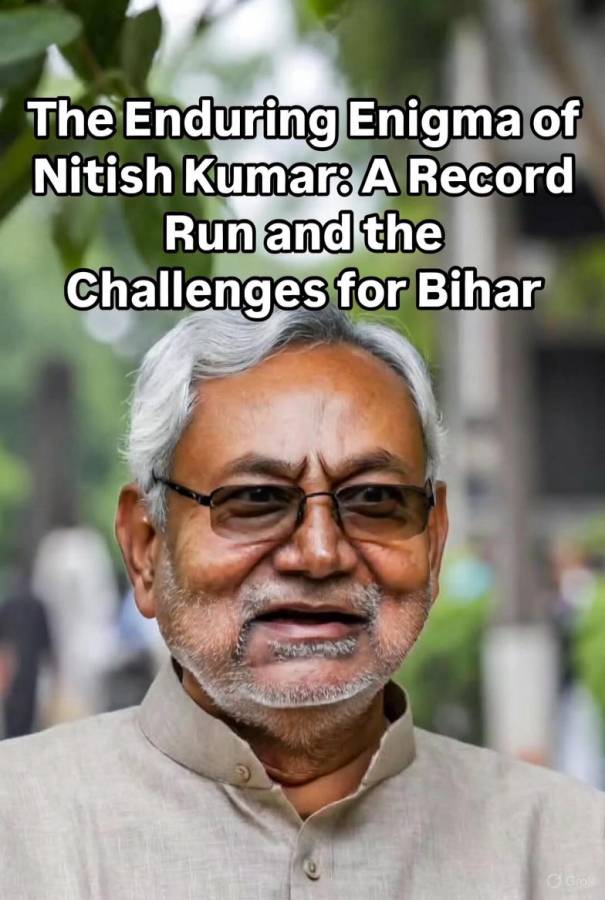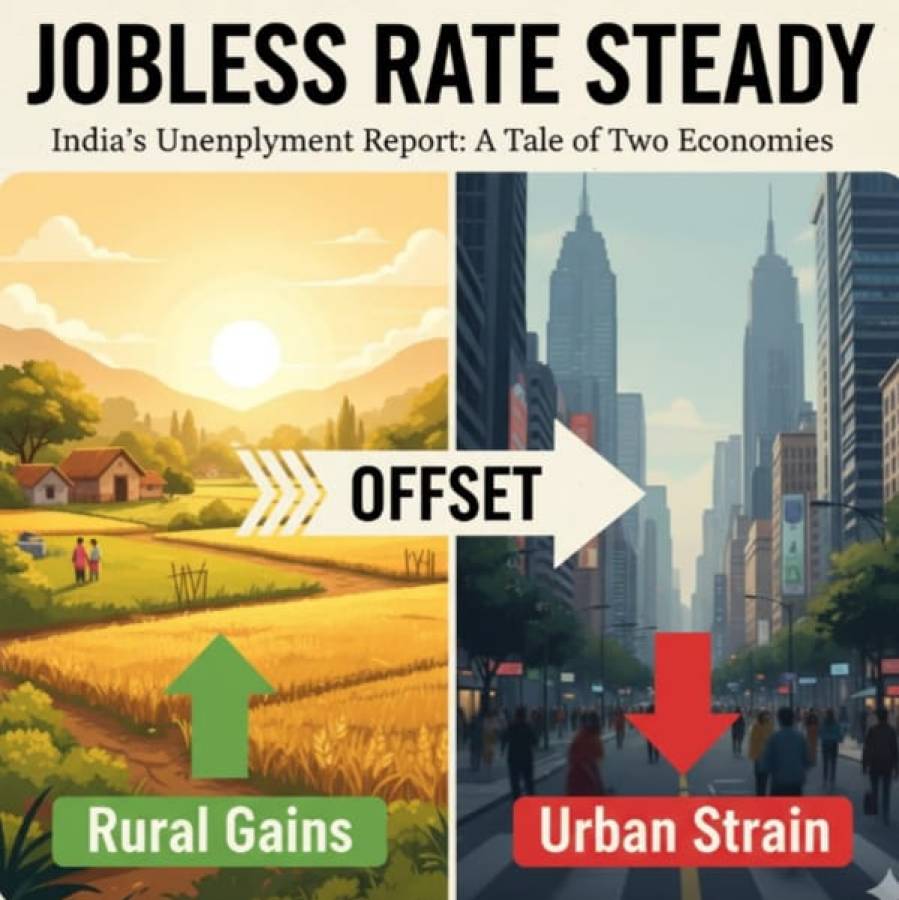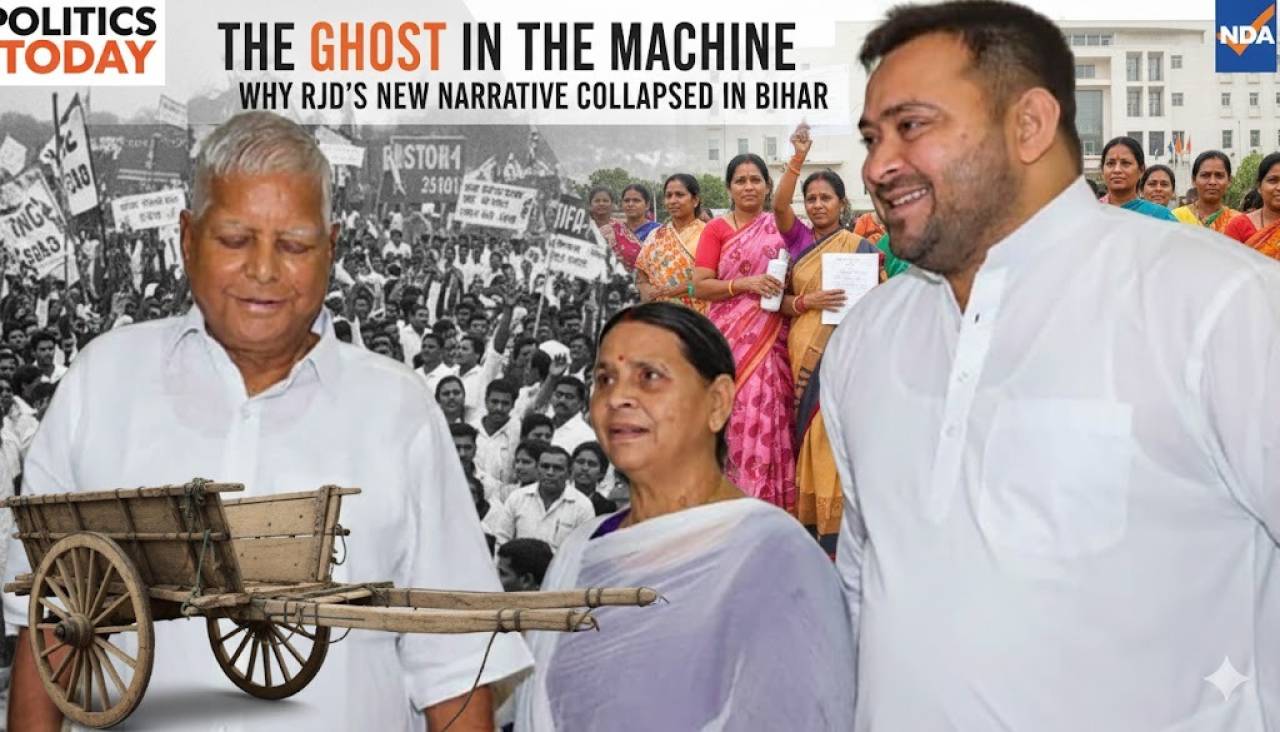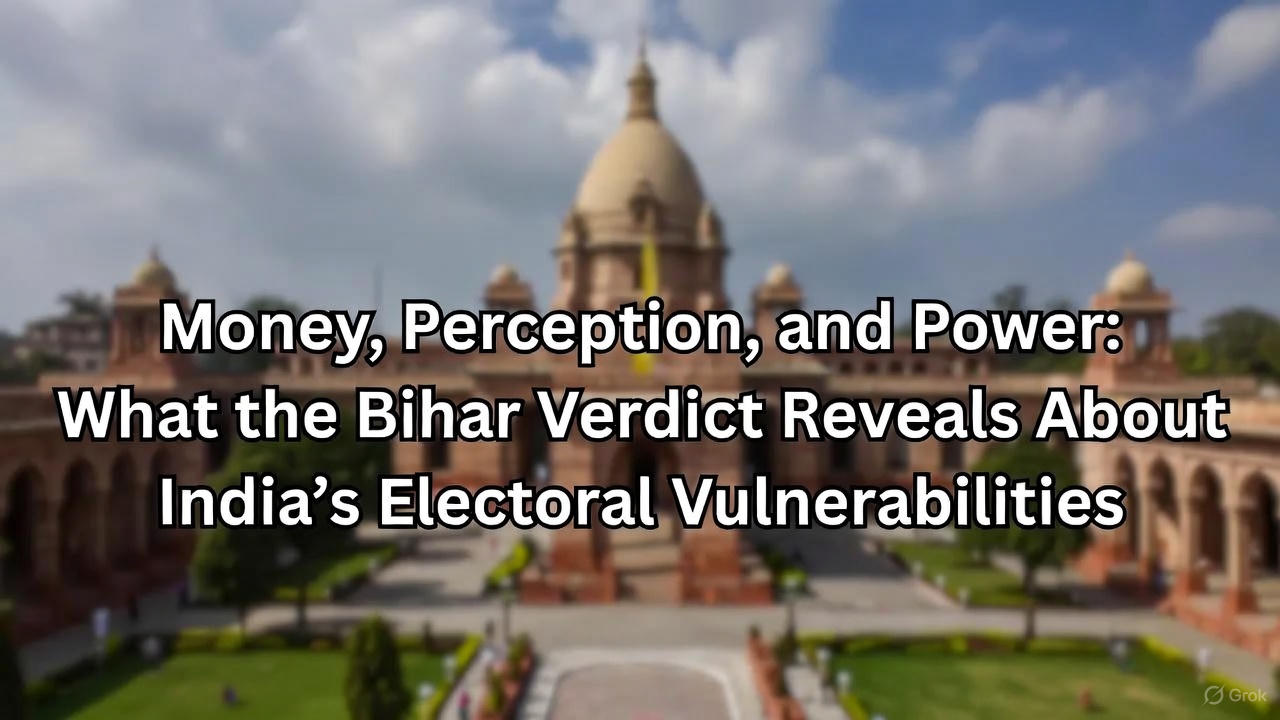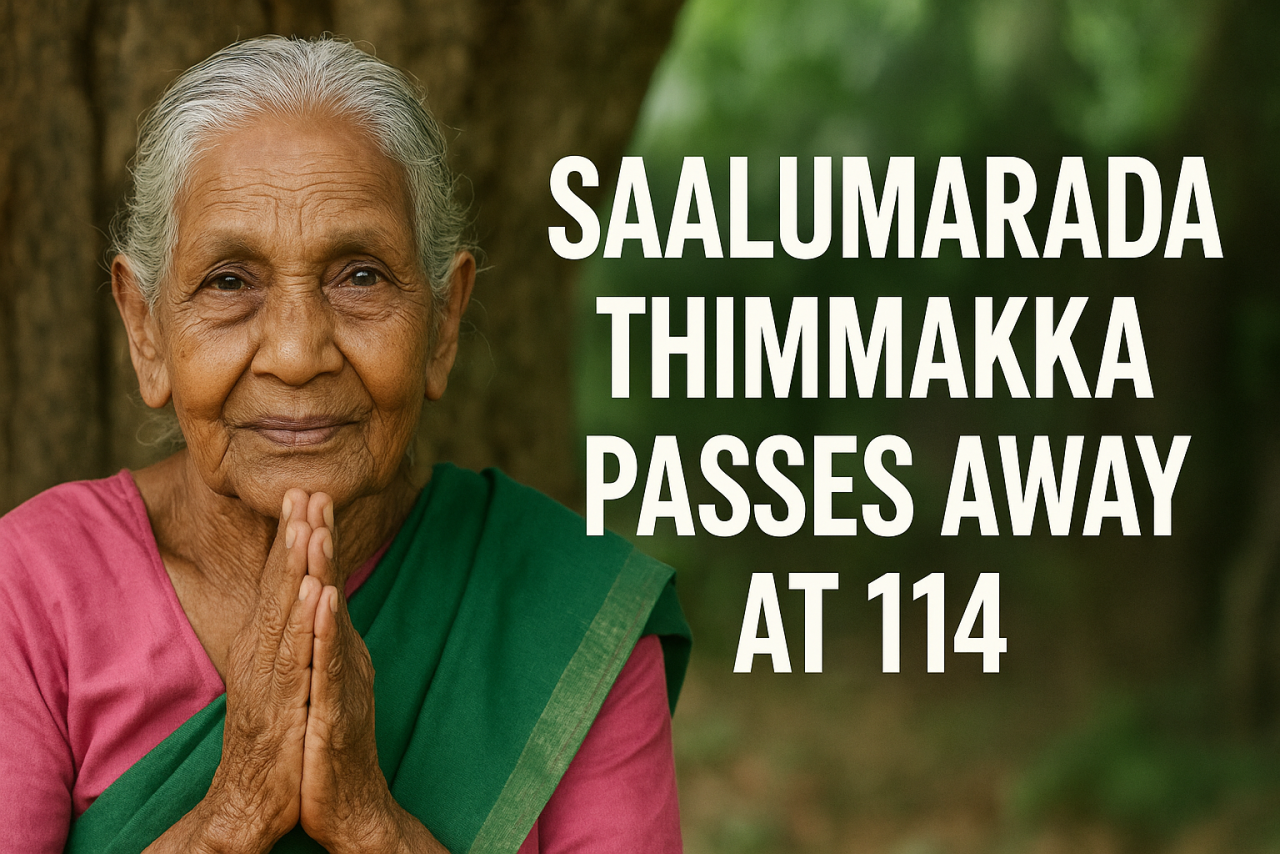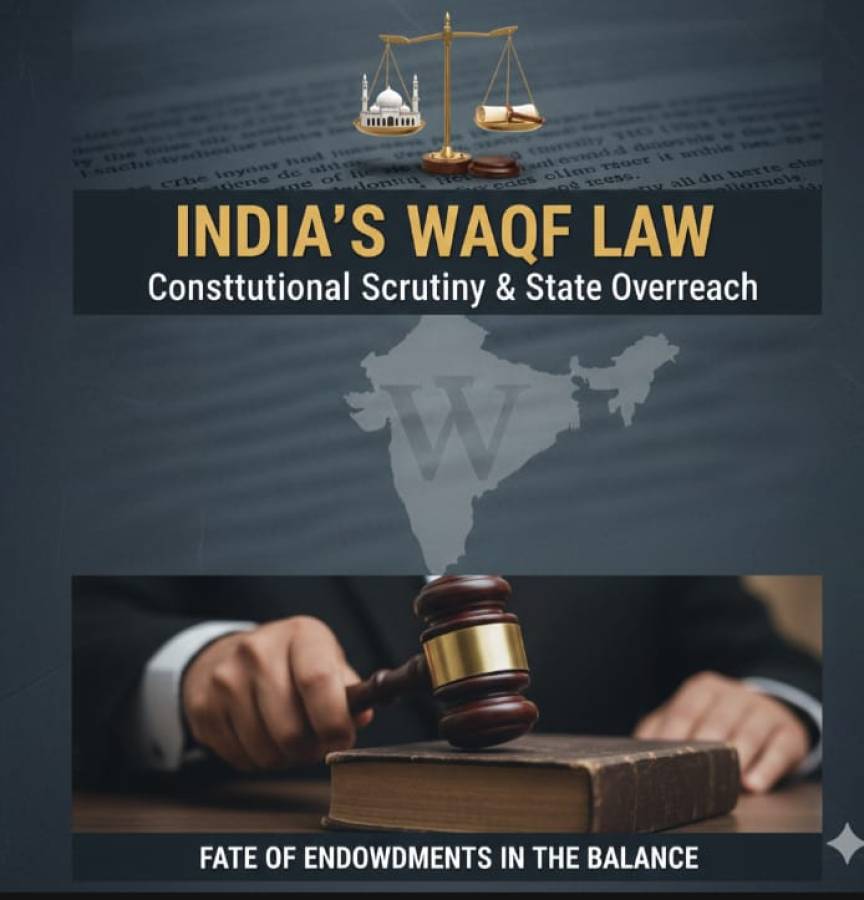
The recent revisions to the Waqf Act in India have ignited a significant legal and socio-political debate, drawing attention to the delicate intersection of religious freedom, property law, and state authority. Waqf, an Arabic term meaning “confinement and prohibition,” refers to the permanent dedication of movable or immovable property by a Muslim for purposes considered pious, religious, or charitable under Islamic law. It is among the oldest surviving forms of charitable trusts in the subcontinent and continues to support a wide network of mosques, schools, graveyards, and social institutions.
The cornerstone of Waqf is the principle that “once a waqf, always a waqf.” This signifies that ownership is irrevocably transferred to God, rendering the property inalienable and exempt from sale or inheritance. The Waqf Act of 1995, along with its later amendments, was intended to regulate the administration of such endowments and protect them from misuse, encroachment, or mismanagement.
The Contentious Red Flags in the Revised Law
The latest amendments have introduced several controversial provisions that critics say amount to state overreach and potentially violate constitutional protections.
One of the most disputed clauses concerns eligibility for creating a new waqf. The revised law requires that a person must have “practiced Islam for at least five years” to establish such an endowment. Supporters argue that this requirement serves as a safeguard against fraudulent transfers designed to evade creditors. However, opponents note that existing legal mechanisms are already robust enough to address fraudulent property transactions. More critically, constitutional scholars argue that imposing a retrospective practice requirement effectively allows the State to decide who qualifies as a “practicing Muslim,” a power that the Constitution does not grant. This provision is widely viewed as inconsistent with Article 25, which guarantees immediate and unconditional freedom to profess, practice, and propagate one’s religion.
Another major concern pertains to property disputes and the long-standing principle of “waqf by user.” Historically, property could acquire waqf status if it had been continuously used for religious or charitable purposes over a prolonged period, even in the absence of original documentation. The revised law’s effort to narrow or abolish this principle could jeopardize the legal standing of centuries-old religious sites whose records are incomplete or lost.
Even more troubling for critics is the new authority given to bureaucrats, particularly Collectors, to determine the waqf status of disputed land. Activists argue that allowing a property to lose its waqf character during the period of bureaucratic inquiry effectively grants final relief at the interim stage, undermining the perpetual nature of such trusts.
Constitutional Guarantees and Judicial Review
At the heart of the challenge to the revised law is the allegation that it violates fundamental constitutional guarantees. Petitioners contend that the amendments infringe upon several key rights, including:
- Article 14 (Equality) and Article 15 (Non-discrimination): By introducing a distinctive and arguably unequal regulatory framework for one community’s religious endowments.
- Article 25 and Article 26 (Religious Freedom and Institutional Autonomy): By interfering with a religious denomination’s right to manage its own affairs and administer its property. Citing landmark precedents such as the Shirur Mutt judgment, critics maintain that while the State may regulate the secular administration of religious institutions, it cannot intervene in matters of religion.
- Article 300A (Right to Property): By enabling provisions that may override private and government land rights through broad powers granted to Waqf Boards.
The Supreme Court is now examining the constitutional validity of the amendments. The petitions highlight a deep divide over the proper balance between the State’s role in ensuring transparent management of religious endowments and the right of religious communities to administer their institutions without excessive state control. The Court’s eventual ruling will play a defining role in shaping the future limits of religious autonomy and governmental authority in India.




